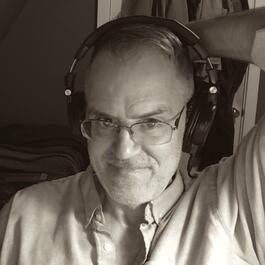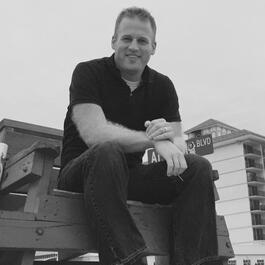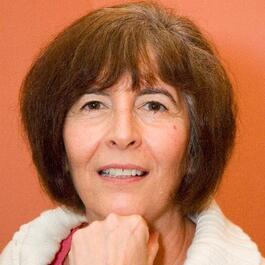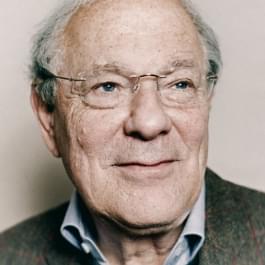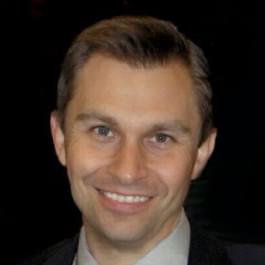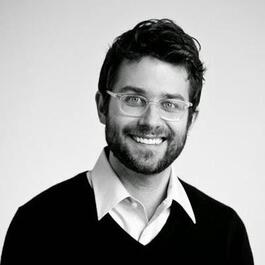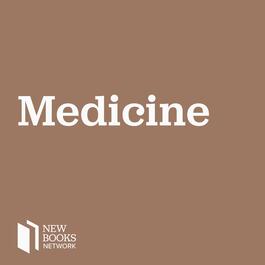
New Books in Medicine
Interviews with Scholars of Medicine about their New Book Support our show by becoming a premium member! https://newbooksnetwork.supportingcast.fm/medicine
Show episodes
Deena stepped out of the shower and opened her towel in the steam. “Does my breast look weird?” These words irrevocably change the lives of writer Ariel Gore and her wife. As they descend into a world of doctors and tests, medications and insurance, sickness and treatments and hope and pain and more, they discover just
Joseph Gfroerer spent nearly 40 years working as a statistician for the National Institute on Drug Abuse (NIDA) and the Substance Abuse and Mental Health Services Administration (SAMHSA). Starting in 1988, when the American drug war was taking its current shape, he led the National Survey on Drug Use and Health (NSDUH)
Dr Nick Fancourt is a Horizon Fellow and Senior Lecturer in the Sydney Medical School. He also works as a paediatrician at the Children’s Hospital at Westmead. Nick researches childhood pneumonia, particularly in low and middle income countries. He lived in Timor-Leste from 2018-2020, working with local partners on int

Rene Almeling, Lisa Campo-Engelstein, Brian T. Nguyen eds., "Seminal: On Sperm, Health, and Politics" (NYU Press, 2025)
In Seminal: On Sperm, Health, and Politics, Rene Almeling, Lisa Campo-Engelstein, and Brian T. Nguyen come together across disciplines to offer a kaleidoscopic view of the relationship between sperm, health, and the intersecting politics of gender, race, and reproduction. Always insightful and often provocative, the es
Ungendering Menstruation by Ela Przybyło discusses why and how menstrual pain needs to be incorporated into discussions of gender, embodiment, and disability. Honing a "cranky" approach to being a menstruating body expected to accept and embrace trauma, Ungendering Menstruation examines menstrual suppression, toxicity,

Ben Westhoff, "Fentanyl, Inc.: How Rogue Chemists Are Creating the Deadliest Wave of the Opioid Epidemic" (Grove Press, 2019)
Ben Westhoff is an award-winning investigative journalist whose best-selling 2019 book Fentanyl, Inc.: How Rogue Chemists Are Creating the Deadliest Wave of the Opioid Epidemic (Grove Press, 2019), was one of the first to take fentanyl seriously as both a social phenomenon and a national threat. Since its release, West
